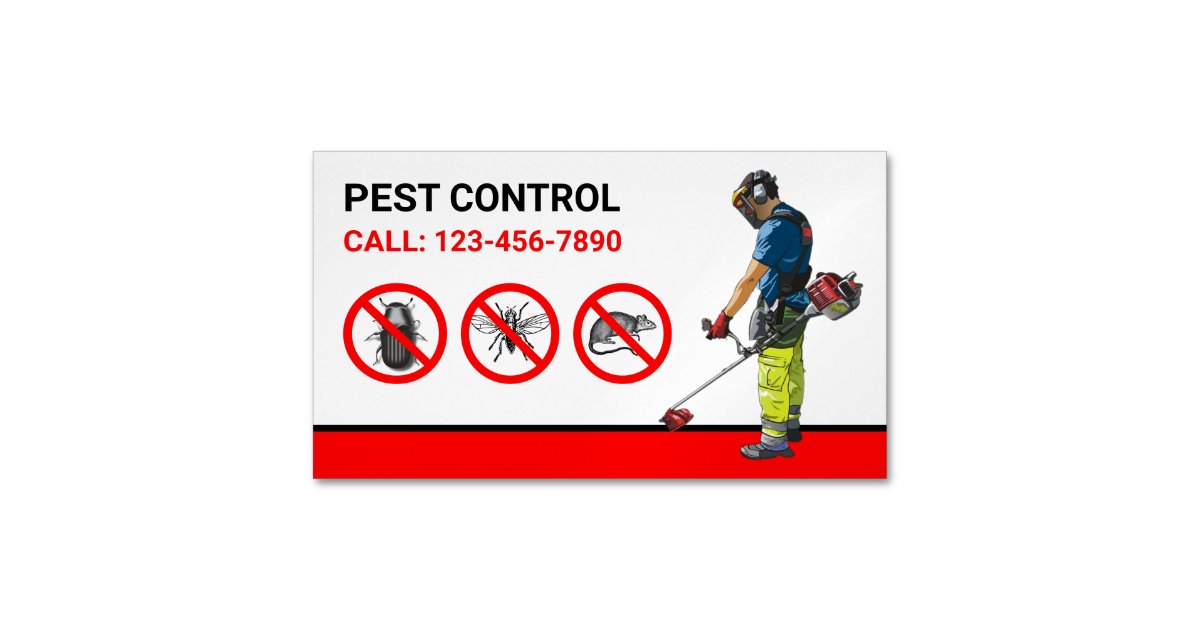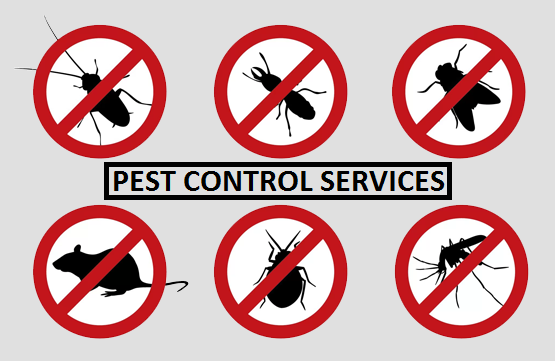Say Goodbye to Vermin: Pest Control Clovis Specialists at Your Service
Wiki Article
Understanding the Different Approaches to Bug Control: A Comprehensive Guide

Natural Insect Control Approaches
Using eco-friendly strategies such as friend planting and organic parasite control is crucial for successfully taking care of bugs in agricultural setups. Buddy growing includes expanding different plants in closeness to hinder parasites, enhance nutrient uptake, and boost total plant wellness.Biological insect control includes introducing all-natural predators or pathogens to manage pest populations. Ladybugs, for example, feed on aphids, regulating their numbers without the demand for chemical pesticides. Another instance is using Bacillus thuringiensis (Bt), a germs that targets certain insect bugs while being safe to people, animals, and advantageous bugs.
These environment-friendly techniques not just minimize the dependence on synthetic pesticides however likewise aid maintain biodiversity and dirt health and wellness. By integrating all-natural insect control strategies into agricultural methods, farmers can achieve sustainable pest monitoring while lessening unfavorable influence on the setting.

Chemical Insect Control Solutions
In enhancement to all-natural pest control techniques, the use of chemical parasite control solutions plays a considerable role in efficiently handling pest populaces in farming settings. Chemical pest control solutions are developed to target particular bugs that might cause substantial damages to plants. These remedies often contain synthetic pesticides that are designed to eradicate insects swiftly and successfully.Among the crucial benefits of chemical bug control options is their efficiency in managing insect invasions widespread. Farmers can apply these services using various approaches such as splashing, airing out, or seed treatment to safeguard their crops from harmful insects, weeds, and conditions. In addition, chemical parasite control options are fairly very easy to apply and can supply fast results, aiding farmers guard their returns and reduce economic losses.
Nonetheless, it is important to utilize chemical pest control remedies sensibly to minimize prospective negative effect on the environment, non-target microorganisms, and human health. Correct application techniques, adherence to safety standards, and regular tracking are essential to make certain the responsible use chemical insect control options in farming methods.
Biological Insect Control Approaches
Organic parasite control approaches take advantage of all-natural killers or pathogens to manage insect populaces in agricultural setups successfully. One common organic control technique i loved this is the intro of natural enemies, such as ladybugs or parasitical wasps, to target certain parasites.One more biological control technique includes making use of pathogens like germs, fungi, or viruses to infect and kill pests. These microbial representatives can be sprayed on crops or presented right into the soil to fight different parasites without harming valuable insects or various other wild animals. Furthermore, using pheromones to interfere with the breeding patterns of pests is one more reliable organic control method. By disrupting their recreation, this approach aids to reduce insect populaces without the need for chemical intervention. Overall, organic parasite control methods supply a sustainable and targeted option to pest monitoring in farming.
Integrated Parasite Management (IPM)
Integrated Parasite Management (IPM) is a comprehensive technique that combines different parasite control techniques to effectively handle and decrease pest populations in farming systems. IPM concentrates on long-term avoidance of parasites through a combination of organic, cultural, physical, YOURURL.com and chemical control methods. By incorporating these various strategies, IPM aims to decrease dependence on chemical pesticides, lessen environmental impact, and promote sustainable parasite management methods.
One trick aspect of IPM is using organic controls such as all-natural killers, bloodsuckers, and pathogens to control bug populaces. This method takes advantage of the power of nature to keep a balance between insects and their natural opponents without triggering injury to the setting.
In addition, IPM includes cultural methods like plant cleanliness, environment, and turning control to produce undesirable conditions for bugs and disrupt their life cycles. Physical controls such as catches, obstacles, and composts are additionally made use of to stop insect problems.
Physical and mechanical Parasite Control Strategies
Using non-chemical techniques, such as mechanical and physical pest control strategies, is an important facet of detailed pest management strategies, building on the structure of Integrated Insect Management's all natural technique. Mechanical insect control involves making use of physical obstacles or traps to avoid pests from accessing and harming crops or frameworks. This technique can include strategies like setting up displays on home windows, utilizing row covers in agriculture, or using sticky traps to capture this content insects.Physical parasite control techniques, on the various other hand, focus on straight getting rid of pests via physical means. Using warm treatments to remove bed pests or vacuuming up insects like crawlers or ants can be efficient ways to take care of infestations without the use of chemicals. By including these mechanical and physical parasite control techniques into an Integrated Parasite Management plan, people and professionals can reduce reliance on chemicals while still properly taking care of pest populations and minimizing damage.
Verdict

In addition to all-natural insect control techniques, the usage of chemical parasite control services plays a significant function in efficiently managing pest populaces in agricultural settings.One of the key advantages of chemical bug control solutions is their efficiency in regulating bug problems on a huge range.Integrated Bug Management (IPM) is a thorough method that incorporates numerous bug control methods to effectively manage and minimize pest populaces in farming systems.Making use of non-chemical approaches, such as physical and mechanical parasite control techniques, is an essential element of detailed insect monitoring methods, building upon the foundation of Integrated Bug Management's holistic approach. By including these physical and mechanical bug control techniques right into an Integrated Insect Monitoring plan, individuals and specialists can lower dependence on pesticides while still successfully reducing and managing pest populations damage.
Report this wiki page